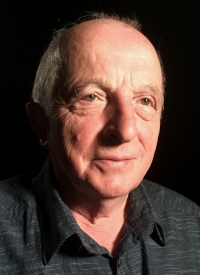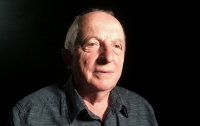Barrels aimed at the discussing people were loaded with sharp charges

Download image
Petr Štěpán was born on 10 March 1950 in Jičín, until 1960 they lived in Turnov, then in Lomnice nad Popelkou. Peter’s father Josef Štěpán was a pastor of the Czechoslovak Hussite Church. Mum Věra, a trained tailor, had been in the house most of her life and had three sons. Petr graduated from high school in 1968 and then enrolled at a pedagogical college where he was not admitted for political reasons. Until the war, where he enlisted in 1970, he worked in Prague as an assistant librarian. He got married and found a job in dye-house in Lomolín nad Popelkou in Technolen. He completed his education in the field and became a master. He was interested in politics from afar, was actively involved in November 1989 events, when he established a strike committee in the company and was at the birth of the Civic Forum. In 1998 - 2002 he worked in the municipal council of Lomnice nad Popelkou. He is considered a local patriot; his great passion is amateur theatre and activities at the Semilean Veteran Collectors Club.

